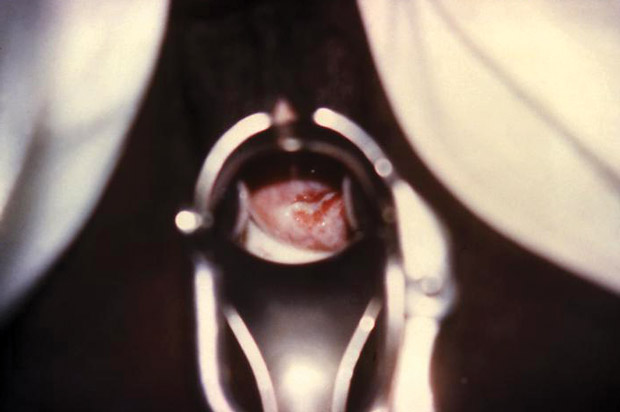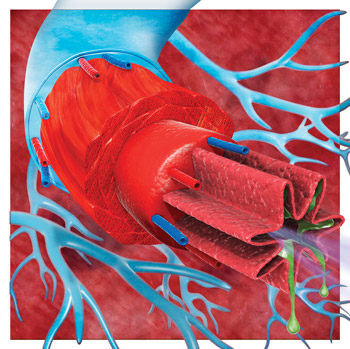Asthma flare-ups face new evidence, new therapies
This issue also covers changing use of aspirin for cardiovascular disease, decreases in the ability to smell, and dealing with the unexpected loss of a medical trainee.
Patients with asthma exacerbations typically fare worse than those without, and until recently increased doses of inhaled corticosteroids were considered the standard of care. Recent data, however, have shown that these drugs may not be as effective in these circumstances as previously thought. In addition, new biologics are beginning to show promise for certain types of asthma that traditionally haven't responded to therapy, although their costs are high and their clinical benefits are still relatively uncertain. Our story reviews the management of asthma exacerbations and talks to experts about what therapeutic regimens they use and why.
In other news about changing treatments, aspirin has been used for primary prevention of cardiovascular disease (CVD) for years, but recent recommendations offer a cautious perspective on its potential benefits for this indication. As of 2016, the U.S. Preventive Services Task Force gives a grade B recommendation to aspirin for primary prevention in adults ages 50 to 59 years with a 10% or greater risk over 10 years, with weaker recommendations for those in other age groups. Meanwhile, three trials in 2018 found that aspirin's benefits may not outweigh its risks for preventing CVD in patients who haven't had a previous cardiovascular event. Staff writer Mollie Frost provides a thorough review of the evidence as well as an overview of up-to-date expert advice.
Anosmia and hyposmia, the inability or decreased ability to smell, may affect 1% to 2% of the population in North America but can be tough to detect in clinical care. Our article covers the main categories of smell disorders, some possible causes, and available treatments, as well as an update on recent advances in the field. A Q&A offers a unique perspective on a difficult topic, discussing how program directors who experience the sudden death of a trainee can come together with other leaders, staff members, and students to help their programs heal.
Finally, Internal Medicine Meeting 2019 takes place next month, April 11-13, in ACP's home city of Philadelphia. The meeting will feature ACP's premier educational content as well as other highlights, such as a keynote address by Vice Admiral Vivek H. Murthy, MD, MBA, former Surgeon General of the United States, and the ACP-MIT Hackathon, a collaboration between the College and the Massachusetts Institute of Technology's Hacking Medicine program. Read more about the meeting, and tell us what you're most looking forward to at immatters@acponline.org. We hope to see many of you in Philadelphia!
Sincerely,
Jennifer Kearney-Strouse
Executive Editor





